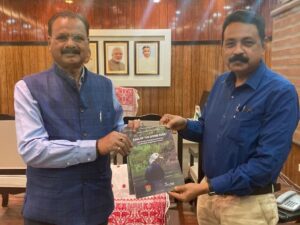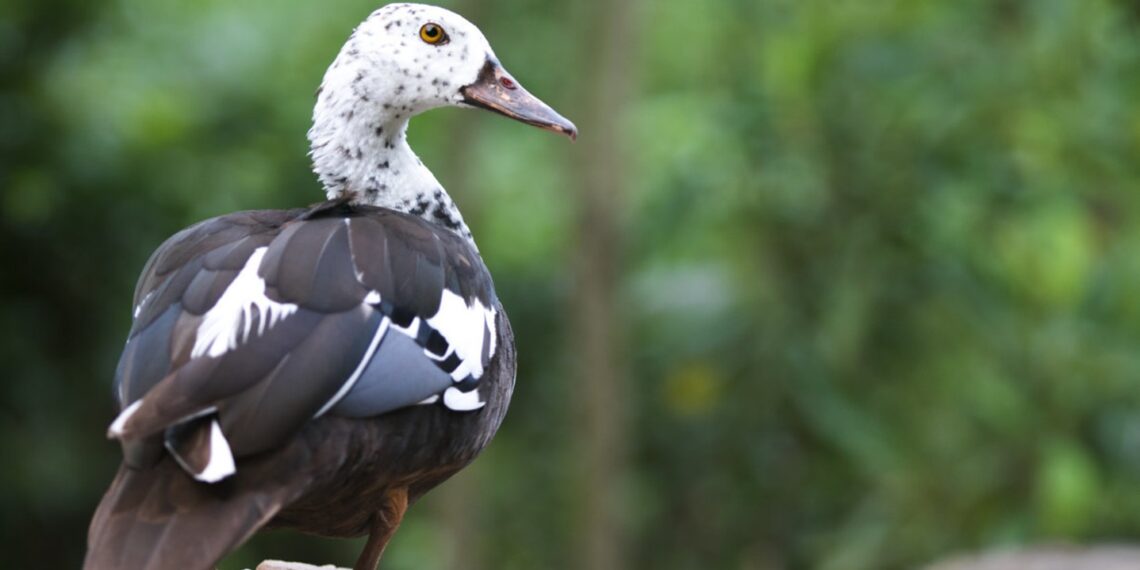GUWAHATI: In a bid to conserve the endangered state bird of Assam, the White-winged duck, the government has drafted a road-map for the species’ long-term conservation.
Unveiled by Forest Minister Chandra Mohan Patowary recently, the strategy document outlines action plans and frameworks to protect and conserve the bird – a symbol of Assam’s natural heritage.
Developed in collaboration with WTI, the strategy document is expected to help ensure the survival of this endangered species and its vital role in the region’s ecosystem.
Extending his best wishes to the Wildlife Trust of India (WTI) and the Environment and Forest Department, Patowary expressed hope that the action plan for the conservation of the “Deo hanh” would successfully achieve its goals.

Chief Minister Himanta Biswa Sarma also said that this initiative will “strengthen our resolve to revive and protect the natural heritage of our state”.
The White-winged duck, once widely found in the Northeast and Southeast Asia, was declared “endangered” by the IUCN Red List due to its small and fragmented population – with approximately 1000 mature individuals, according to BirdLife International’s 2016 assessment.
Currently, Assam and Arunachal Pradesh host around 450 birds, representing approximately 50% of the global population, making the region the last stronghold for this species.
Previously, efforts to conserve the White-winged duck have been made in Assam, with the establishment of Dibru-Saikhowa National Park and Dihing-Patkai Wildlife Sanctuary.
However, despite these efforts, experts and birdwatchers observe a decline in their numbers. The lack of updated information and a synchronised concerted effort across the species’ entire distribution range, are among the key challenges in their conservation.
The primary threats to the White-winged duck include habitat destruction, degradation, disturbance of wetlands, loss of nesting sites, and poaching of eggs and the birds.
One of the key points highlighted in the document is the possible fluctuations in the flow of river water due to the construction of large dams in Arunachal Pradesh for hydro power projects affecting the population of this bird.
Vivek Menon, Founder and Executive Director of WTI, stressed on the importance of reversing the decline of this cultural icon of Assam and acknowledged the valuable contributions made by experts and organisations in developing the strategy document.
The document received contributions from a slew of experts including Mark S. Price (IUCN SSC, UK), Glyn Young (Durrell Wildlife Conservation Trust Jersey), Asad R Rahmani (Naturalist & Former Director, BNHS), Anwaruddin Choudhury (Rhino Foundation, Assam), Gautam Narayan and Parag J Deka (Pygmy Hog Conservation Programme), Megha Rao (Nature Conservation Foundation), Ranjan Kr Das (Assam Forest Department), Tasang Taga (Arunachal Pradesh Forest Department), and the team from Wildlife Trust of India.















